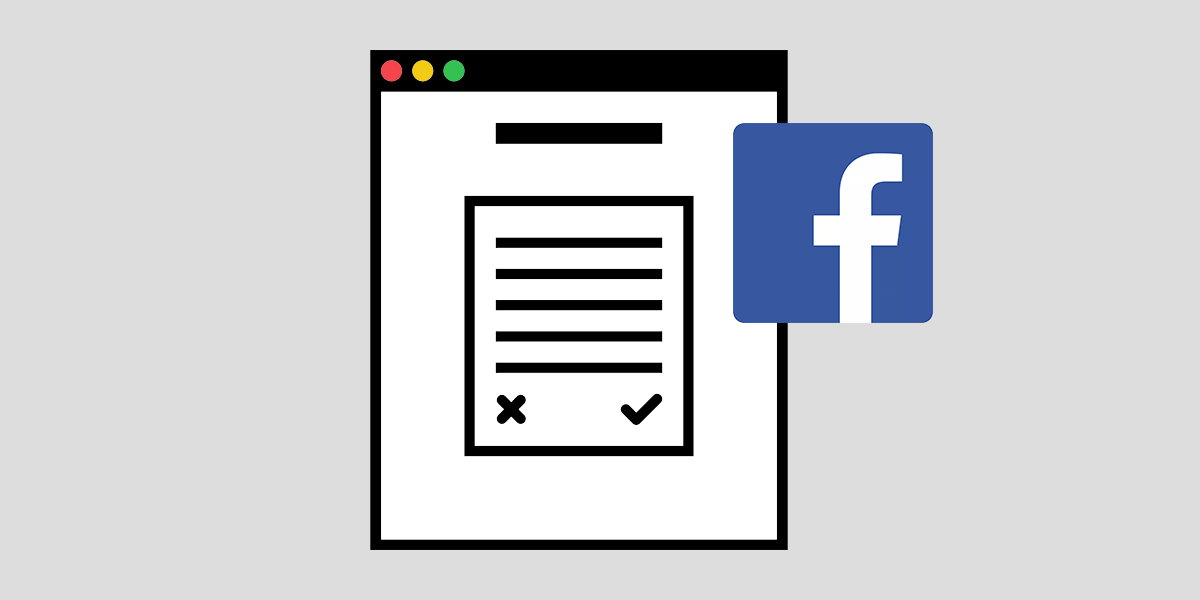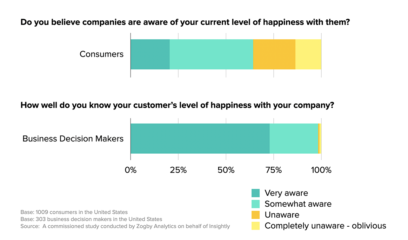If you’re like me, you watched (or at least followed the news coverage of) Facebook CEO Mark Zuckerberg’s testimony before Congress this week. After all, privacy is an issue that customer experience champions should always have top of mind.
But there was one moment in the hearings that particularly struck me: Republican Senator John Kennedy’s roast of Facebook’s user agreement: “Here’s what everybody’s been trying to tell you today, and I say this gently. Your user agreement sucks.”
He continued: “You can spot me 75 IQ points. If I can figure it out, you can figure it out. The purpose of that user agreement is to cover Facebook’s rear-end. It’s not to inform your users about their rights. Now, you know that and I know that. I am going to suggest to you that you go back home and you rewrite it and tell your $1,200-an hour lawyers, no disrespect, they’re good, but tell them that you want it written in English and non-Swahili, so the average American can understand it. That would be a start.” (Video here.)
The current Facebook user agreement—or as Facebook likes to call it, the “Statement of Rights and Responsibilities”—was last updated in January 2015. A few things stuck out to me as I read through it after hearing Kennedy’s comments:
- It’s looooong. When I copied the text of the agreement, pasted it into Word, and formatted it in 12-point Arial with single spacing, it spanned 8.5 pages. The time required to read through this doc is much longer than the average Facebook user would possibly devote to information like this. Have I done a scientific study to confirm this assertion? Nope. Have you read through every line of all the multi-page user agreements that you’ve agreed to in order to get software updates and other digital services? I know I haven’t.
- It’s poorly designed. In section 15, which is all about disputes, the third paragraph begins, “WE TRY TO KEEP FACEBOOK UP, BUG-FREE, AND SAFE, BUT YOU USE IT AT YOUR OWN RISK.” I assume that the lawyers wanted all caps for the nearly 300 words in this section because they really wanted users to pay attention to them. (It appears—at least to this non-lawyer—to be the most rear-end covering language of the doc and includes stuff like releasing Facebook’s officers from claims against third parties, a mention of California Civil Code §1542, and the fact that Facebook’s liability to each user won’t exceed $100 or the amount they’ve paid in the last 12 months.) But all-caps text is much harder for people to read than is mixed-case text. So putting this important info in all caps is actually counterproductive. And just bad design.
- It is, in fact, full of legalese. Some sections of the agreement speak in plain language, like this snippet from Section 3, which covers safety: “We do our best to keep Facebook safe, but we cannot guarantee it. We need your help to keep Facebook safe, which includes the following commitments by you…” But other sections are laden with legal jargon. Section 15.3 says, “We are providing Facebook as is without any express or implied warranties including, but not limited to, implied warranties of merchantability, fitness for a particular purpose, and non-infringement.” Implied warranties? Merchantability? Non-infringement? The average Facebook user can’t be expected to know these terms.
- There’s an entire section called “Definitions.” Any document that’s easy to understand doesn’t require a set of definitions. Enough said.
Now let me ask you: Does your user agreement fare any better?
If it does, let me know—I’d love to see it and share it with our readers. If it doesn’t, it’s time to conduct some user studies to find out what they understand, what they don’t, and how much information they’re actually willing to read. But most importantly, make your legal team sit in on some of these sessions that they can hear your customers’ feedback first hand.
I hope that this public discussion of user agreements will push companies across every industry to revisit the language in their user agreements—and also in their bills, statements, and every other communication that’s touched by lawyers. My ultimate dream? That State Bars (and other similar institutions around the world) will require a “UX for lawyers” class for continued licensing.
Yeah, I dream big. 😉




